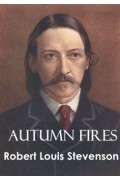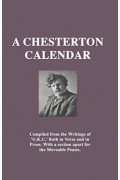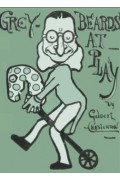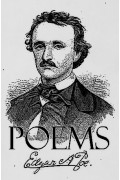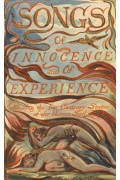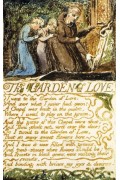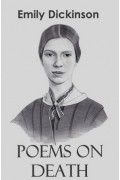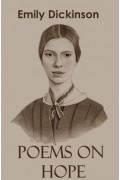Poetry audiobooks
Autumn Fires
by Robert Louis StevensonScottish writer Robert Louis Stevenson (1850-1894) is, for many of us, the first poet to whom we were introduced, through his wonderful book, A Child's Garden of Verses. Though he came from a family of engineers and it was expected he would follow suit, Robert wrote stories even as a child; no one was really surprised when, three years into his eng..
A Chesterton Calendar
by G. K. ChestertonIt will be found that almost all Mr. G. K. Chesterton's books have been utilized in the making of this Calendar. A word of acknowledgment is due to the various publishers for their courtesy in permitting this: to Messrs. Grant Richards, Arthur L. Humphreys, J. W. Arrowsmith, John Lane, J. M. Dent & Co., Macmillan & Co., Duckworth & Co.,..
Greybeards at Play
by G. K. ChestertonGreybeards at Play is a collection of humorous poems written by G. K. Chesterton, who was an English writer, philosopher, lay theologian, and literary and art critic. He has been referred to as the "prince of paradox". ..
Edgar Allan Poe Poems
by Edgar Allan PoeEdgar Allan Poe was an American writer, editor, and literary critic. Poe is best known for his poetry and short stories, particularly his tales of mystery and the macabre...
Songs of Innocence and Experience
by William BlakeSongs of Innocence and of Experience is an illustrated collection of poems by William Blake. It appeared in two phases. A few first copies were printed and illuminated by William Blake himself in 1789; five years later he bound these poems with a set of new poems in a volume titled Songs of Innocence and of Experience Showing the Two Contrary State..
Garden of Love
by William BlakeThe Garden of Love is a poem by the Romantic poet William Blake. It was published as part of his collection, Songs of Experience. One reading on "The Garden of Love" is that it was written to express Blake's beliefs on the naturalness of sexuality and how organised religion, particularly the Christian church of Blake's time, encouraged repression o..
Emily Dickinson on Death
by Emily DickinsonEmily Dickinson on Death: In a letter to Abiah Root, Dickinson once asked, "Does not Eternity appear dreadful to you. I often get thinking of it and it seems so dark to me that I almost wish there was no Eternity. To think that we must forever live and never cease to be. It seems as if Death which all so dread because it launches us upon an unknown..
Emily Dickinson on Hope
by Emily DickinsonEmily Dickinson wrote this poem in 1862, a prolific year for her poetry, one of nearly 1800 poems she penned during her lifetime. Only seven of these were published while she was still alive. Her sister Lavinia collected and helped publish all of her poems after Emily's death in 1886."Hope" Is The Thing With Feathers is one of the best known of Emi..

